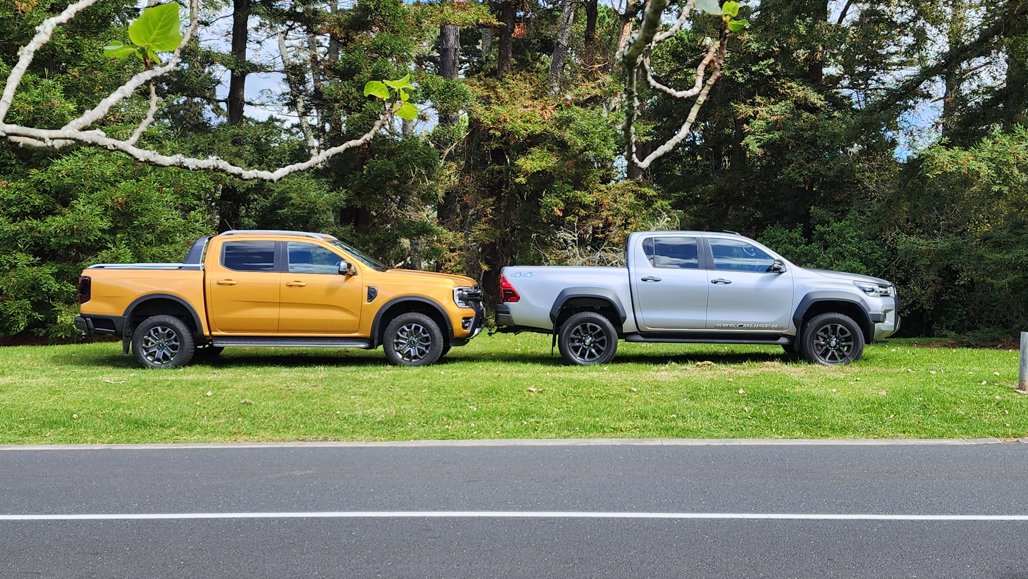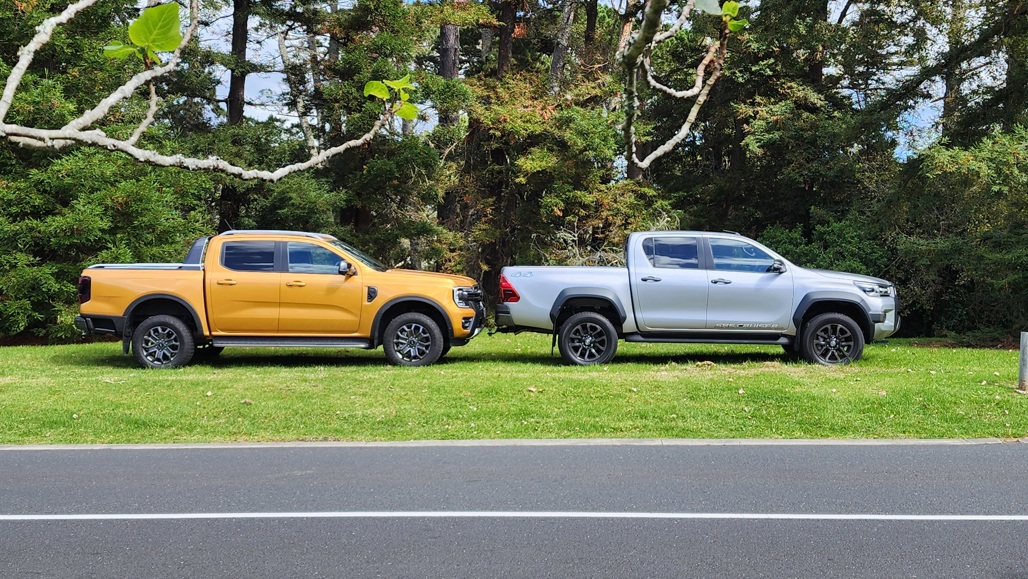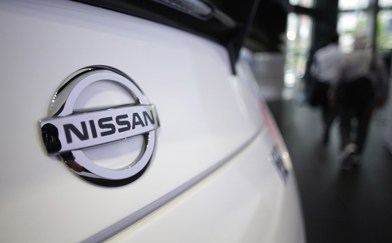The Government has announced it will be revising the Clean Car Importer Standard (formerly called the Clean Car Standard) to align it with the Australia standard in order to "provide the vehicle import market with certainty and ease cost of living pressures on Kiwis the next time they need to purchase a vehicle", according to Transport Minister Simeon Brown.
"The Government supports the Clean Car Importer Standard to ensure that New Zealand has an affordable mix of clean vehicles. Following a comprehensive review into the Standard we will be making key changes to ensure the Standard strikes the right balance between reducing transport emissions while ensuring that New Zealand’s have access to affordable vehicles."

Originally planned to be launched alongside the now-canned Clean Car Discount as part of the Clean Car Programme, the standard was to introduce a penalty payable by vehicle importers/distributors on each gram of CO2 over the target their fleet average was.
The targets were originally planned to be 145g/km for cars and 218.3g/km for utes, starting in 2023, before decreasing to 63.3g and 87.2g respectively by 2027. Penalties were set at $45 per gram of carbon dioxide (half that for used cars) multiplied by the sum of emissions above the target from every vehicle sold.

According to Brown the penalties were forecast to amount to approximately $800.6 million of cost to consumers purchasing a new car in 2027, or around $5,549 per vehicle, a figure largely forecast by a number of major new car distributors as well.
The standard was criticised by the New Zealand new car industry as being far too stringent and wildly out of step with the rest of the world, making more expensive cars an inevitability, something that Brown has agreed with.
"The review found that the Standard’s current targets are too stringent and are increasingly difficult for importers to meet, as they are out of step with manufacturing standards from leading vehicle manufacturers.
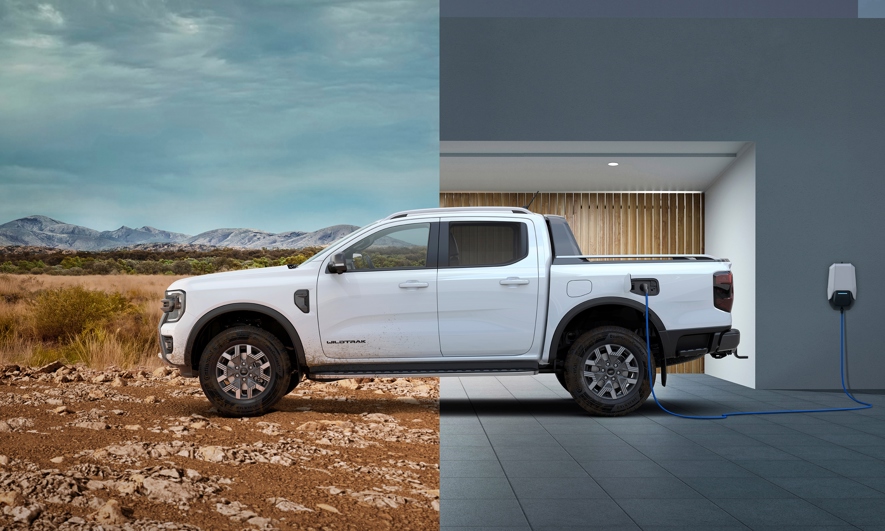
"In fact, the review found that the commercial targets for 2026 and 2027 are more stringent than every other country in the world," he said in a statement."
"If we don’t change the path we are on, we will simply pile costs onto consumers while also failing to make emissions reductions. New Zealand won’t have access to the low emission vehicles needed to meet the strict Standard as manufacturers are not in a position to introduce them to our market."
Brown went on to say that because New Zealand does not manufacture vehicles, the country is reliant on international markets and, as such, needs to ensure its policies align with other larger economies to not put at risk our ability to access these markets.
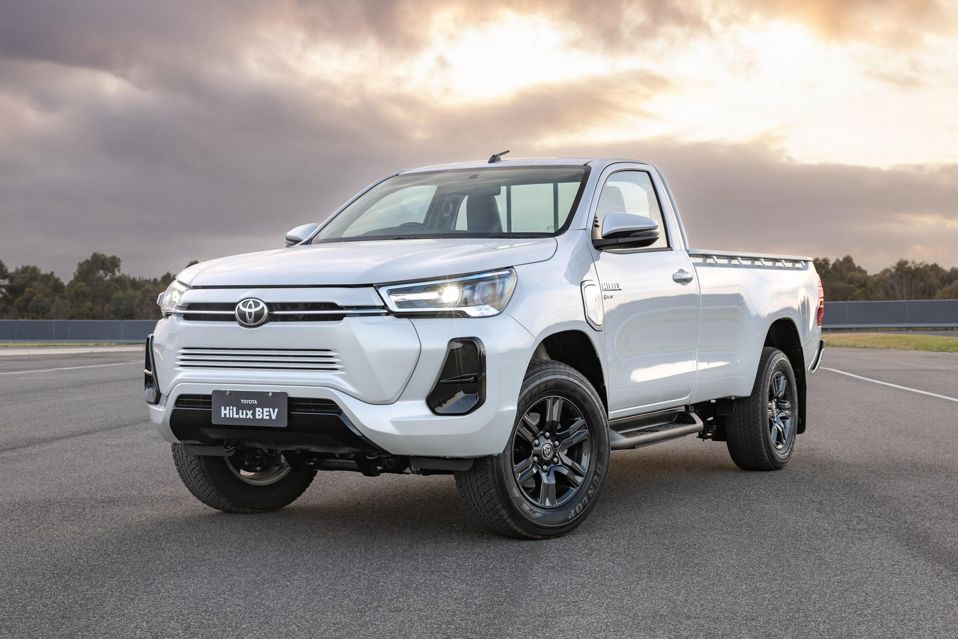
According to Brown the changes will ensure the Standard emissions targets are "stringent enough for New Zealand to receive a supply of clean vehicles, but not too stringent that importers cannot meet the targets, leading to higher vehicle prices" and include:
- Re-aligning the Standard’s emissions targets for 2025-2029 towards Australia’s targets with Commercial Vehicles aligning from 2026 and Passenger Vehicles aligning from 2027.
- Pass legislation to make further changes to provide more flexibility into the use of the Standard’s emission credits and charges to support achievement of the targets.
- Exempt disability vehicles from the Standard, with this taking effect as soon as possible after the new regulations are made.
“New Zealand and Australia are effectively one car market – so it makes sense to have the same approach to CO2 emissions standards between our two countries," said Brown.
"We are also exempting disability vehicles from the Standard to ensure that New Zealanders with a disability can access the specialised vehicles they depend on without facing increased costs. New Zealand’s disability community has been calling for these changes for some time, and our Government is delivering."

